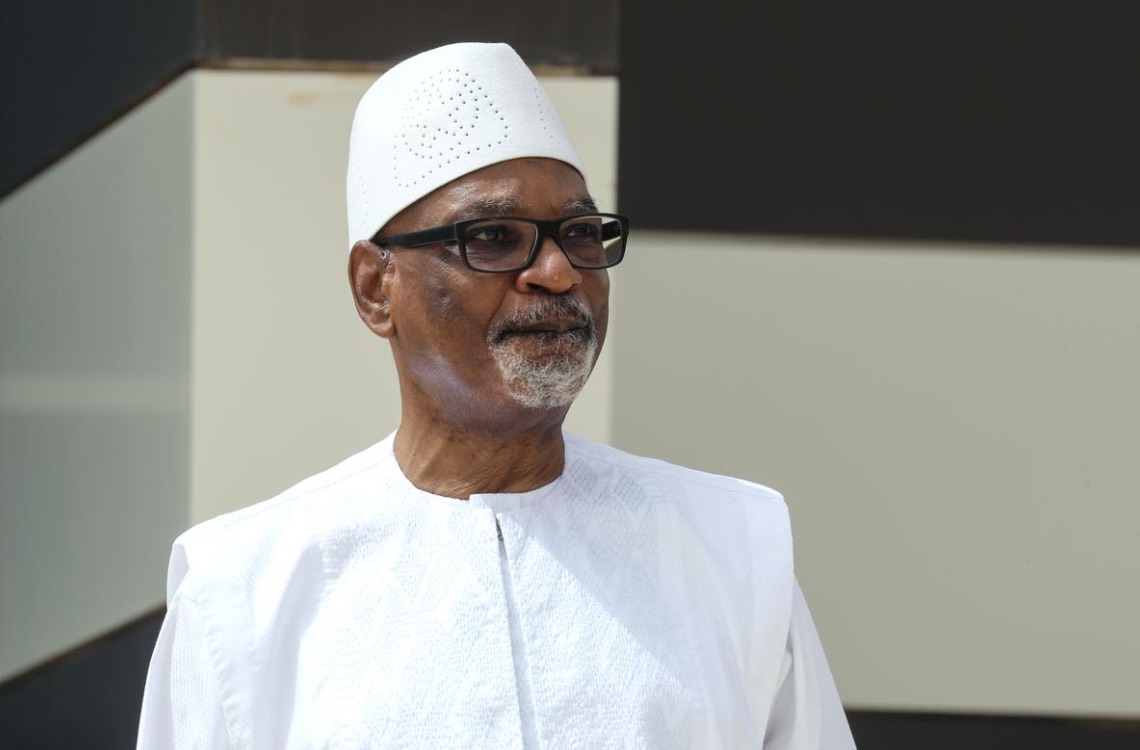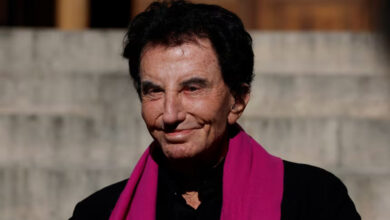
BAMAKO (Reuters) — Mali’s opposition on Sunday rejected concessions by President Ibrahim Boubacar Keita aimed at resolving an escalating political crisis that has sparked deadly protests, saying it would be satisfied only if he resigns.
Keita announced in a speech late on Saturday he was dissolving the Constitutional Court and would move to implement recommendations made last month by regional bloc ECOWAS, which included re-running some of March’s contested legislative elections.
A spokesman for M5-RFP, a coalition of political, religious and civil society leaders that launched protests over a month ago calling for Keita to resign, rejected his proposal.
“We are not going to accept this nonsense,” the spokesman, Nouhoum Togo, told Reuters. “We demand his resignation plain and simple.”
Keita, who won a second term in 2018, has faced mounting public discontent over a perceived failure to address the country’s security and economic problems. The wave of protests was sparked by a dispute over the elections. The court that Keita proposed dissolving reversed several provisional results, handing additional seats in parliament to the president’s party.
Four people died in the capital Bamako on Friday during a demonstration where protesters occupied the parliament and national broadcaster, the government said. It was the third major protest organized by the M5-RFP since June 5.
Togo said the police shot and killed eight opposition supporters on Saturday.
It was not immediately possible to corroborate that. Police officials could not be reached for comment. Asked about the claim, a security ministry spokesperson said he did not have any information about that yet.
In his speech, Keita said he remained open to dialogue with his opponents but condemned acts of vandalism.
“The state will take responsibility and fundamental liberties will be protected as long as I have the great privilege to serve you,” he said.
The turmoil is a worry for Mali’s neighbors and outside powers like France who are waging a joint military campaign against Islamist insurgents linked to al Qaeda and Islamic State in West Africa’s Sahel region.
___
Reporting by Tiemoko Diallo; Writing by Aaron Ross; Editing by Frances Kerry
Image: Mali President Ibrahim Boubacar Keita poses for a picture during the G5 Sahel summit in Nouakchott, Mauritania June 30, 2020. (Ludovic Marin /Pool via REUTERS/File Photo)




